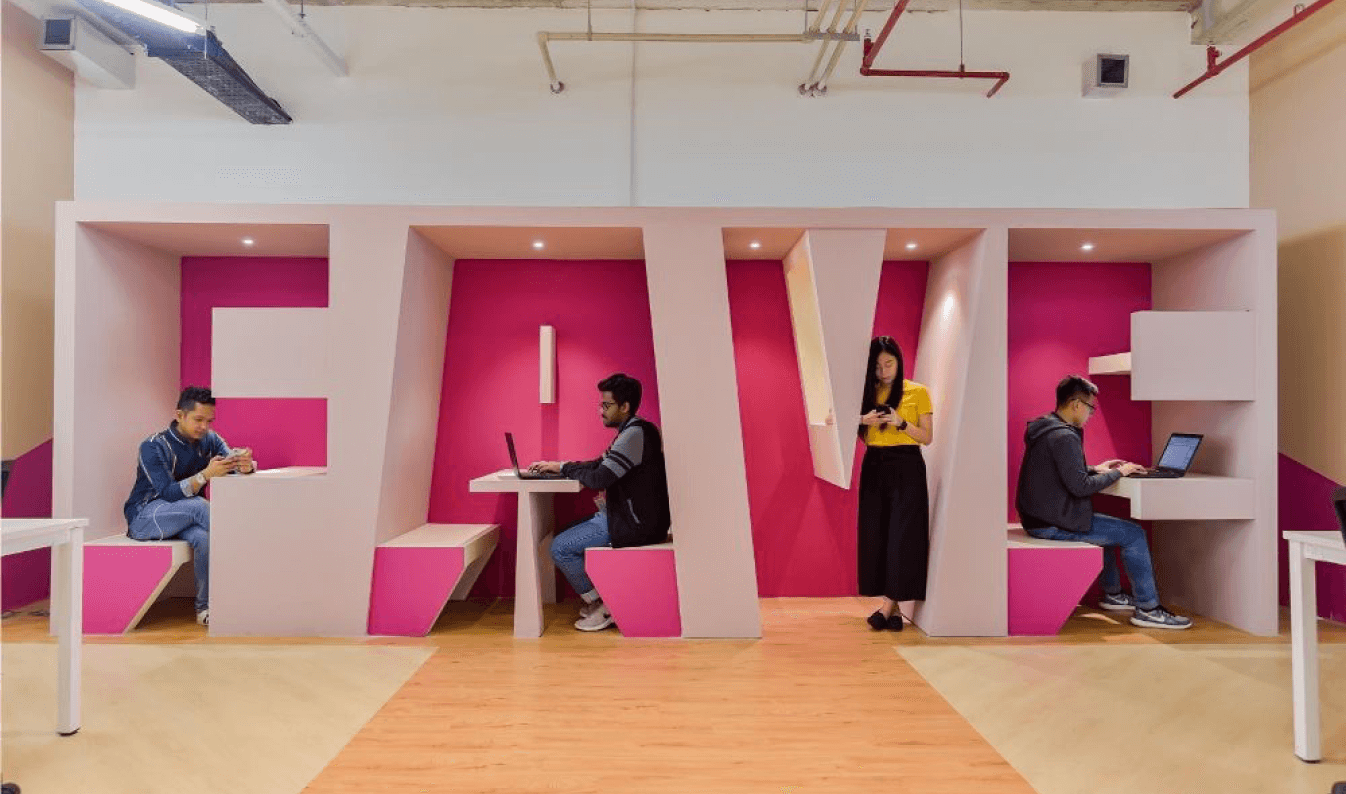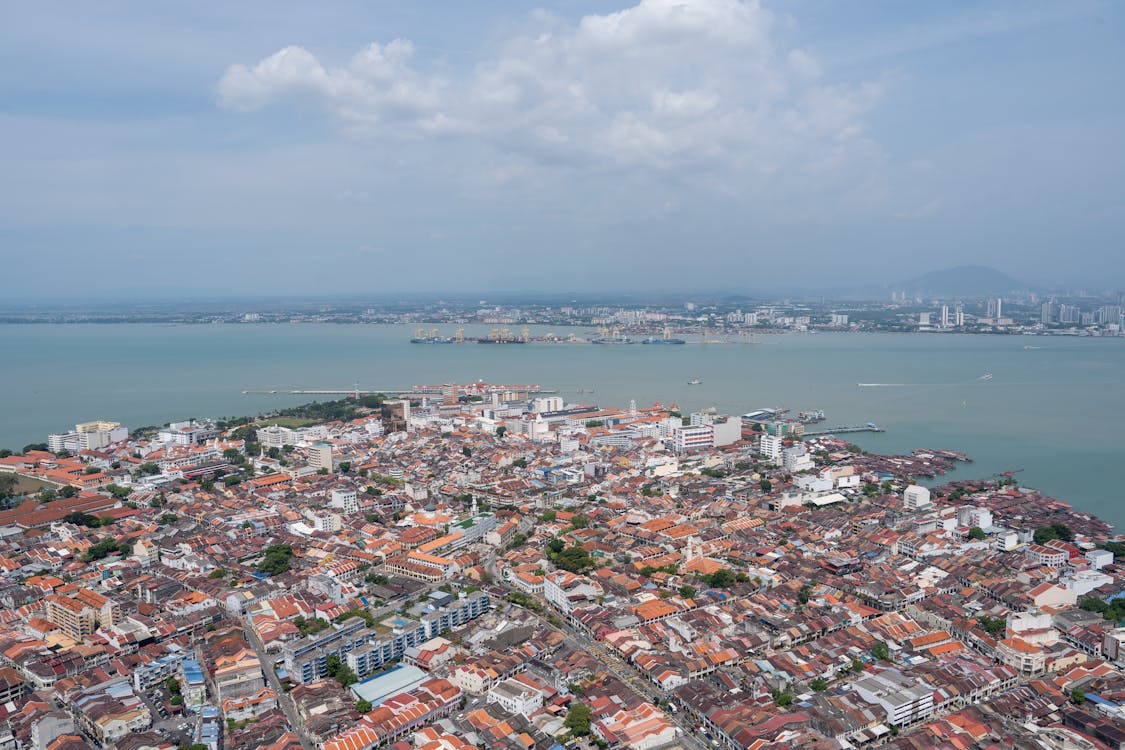Redefining the Malaysian startup map
Malaysia’s startup ecosystem in 2025 is no longer confined to the towers of Kuala Lumpur. While the capital remains the country’s financial and digital hub, innovation is now emerging from many corners of the nation. From Penang’s tech-driven growth to Johor’s cross-border ambitions, regional cities are fast becoming serious players in Southeast Asia’s startup landscape.
This evolution is supported by national initiatives like the Malaysia Digital Economy Blueprint (MyDIGITAL) and institutions such as MRANTI and Cradle Fund. More founders are coming from outside Klang Valley, backed by accelerators, community spaces, and better infrastructure.
Consequently, Malaysia is entering a phase where talent and opportunities are no longer centralised.
New regional engines of innovation
In Penang, a city long known for electronics manufacturing, startup activity is growing quickly. The Penang Digital District, backed by local agencies like Digital Penang and InvestPenang, has attracted healthtech, SaaS, and hardware startups.
Johor is also rising, due in part to its proximity to Singapore. Startups in e-commerce logistics and fintech are leveraging this location to operate across borders. The Johor-Singapore Special Economic Zone (SEZ), which aims to improve trade and innovation, is expected to accelerate this growth.
Elsewhere in Malaysia, new hubs are forming:
Sarawak is supporting agri-tech and climate startups with state grants.
Sabah is promoting e-commerce and rural tech programs.
Cyberjaya is now home to deep-tech clusters led by MRANTI.
These efforts show how regional cities are creating innovation models suited to local needs.
Policy support and infrastructure expansion
Malaysia’s government continues to back startups with policies and funding. Cradle Fund provides early-stage capital and connections to investors. MRANTI helps startups commercialise research and scale new technologies.
The Malaysia Startup Ecosystem Roadmap (SUPER) lays out priorities such as tax support and easier company setup. This roadmap benefits founders in secondary cities as much as those in KL.
Infrastructure is also improving. Faster internet, new data centres, and smart industrial parks are being built in places like Penang and Johor. These investments make it easier for startups to grow outside traditional hubs.
Moreover, programs like ScaleUp Malaysia and WatchTower and Friends (WTF) now serve startups from across the country. Their mentorship and funding help regional founders compete on equal ground.
Conclusion
Malaysia’s startup future is expanding beyond Kuala Lumpur. With strong public policy, new infrastructure, and local leadership, cities like Penang and Johor are gaining global relevance.
The shift towards decentralisation is unlocking new energy across Malaysia. As more founders build from diverse places, the country is crafting a more inclusive and resilient innovation economy.
Discover more inspiring journeys on Feature.Asia: 10 Entrepreneurs Under 30 Changing Asia’s Economy














